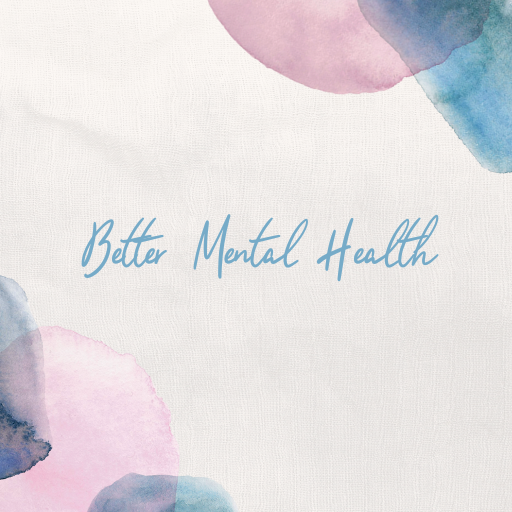Mental health:
Mental healthis an essential aspect of overall well-being, and unfortunately, women are more prone to developing mental health issues than men. While mental health problems affect both genders, females face unique challenges that can contribute to a higher risk of developing mental health issues.
Then are five mental health issues that are current among ladies:
Anxiety Disorders: Anxiety disorders are the most common mental health issue endured by women. Women are doubly as likely to develop anxiety disorders compared to men. Women's hormonal changes during puberty, periods, gestation, and menopause can contribute to anxiety. Social factors similar as gender places, body image issues, and demarcation can also impact women's mental health.
Depression: Depression is a common mental health issue that affects both men and women. Still, women are more likely to develop depression than men. Women's hormonal changes during puberty, periods, gestation, and menopause can contribute to depression. Also, social factors similar as gender places, work stress, and interpersonal connections can impact women's mental health.
Eating Disorders: Eating disorders similar as anorexia nervosa, bulimia nervosa, and binge eating complaint are more common among women. The societal pressures of the thin ideal and beauty norms contribute to eating disorders in women. Women are also more likely to witness body dissatisfaction and negative tone-image, which can lead to disordered eating habits.
Post-traumatic stress disorder (PTSD): PTSD is a mental health condition that can do after a traumatic event. Women are more likely to witness sexual assault, domestic violence, and other forms of trauma, which puts them at advance threat of developing PTSD. Women are also more likely to witness secondary trauma, similar as witnessing traumatic events, which can contribute to PTSD.
Borderline Personality Disorder (BPD): BPD is a personality complaint characterized by unstable feelings, tone-image, and connections. Women are more likely to develop BPD than men. Biological factors similar as inheritable predilection and non age trauma can contribute to BPD. Also, social factors similar as gender places, interpersonal connections, and societal prospects can impact women's mental health and contribute to BPD.
In conclusion, mental health issues are current among ladies, and they can have a significant impact on their quality of life. It's essential to prioritize mental health and seek help if you're passing any mental health issues. Seeking professional help from a mental health expert can help individuals manage and overcome their mental health challenges.



0 Comments
If you have any doubts.Please let me know.